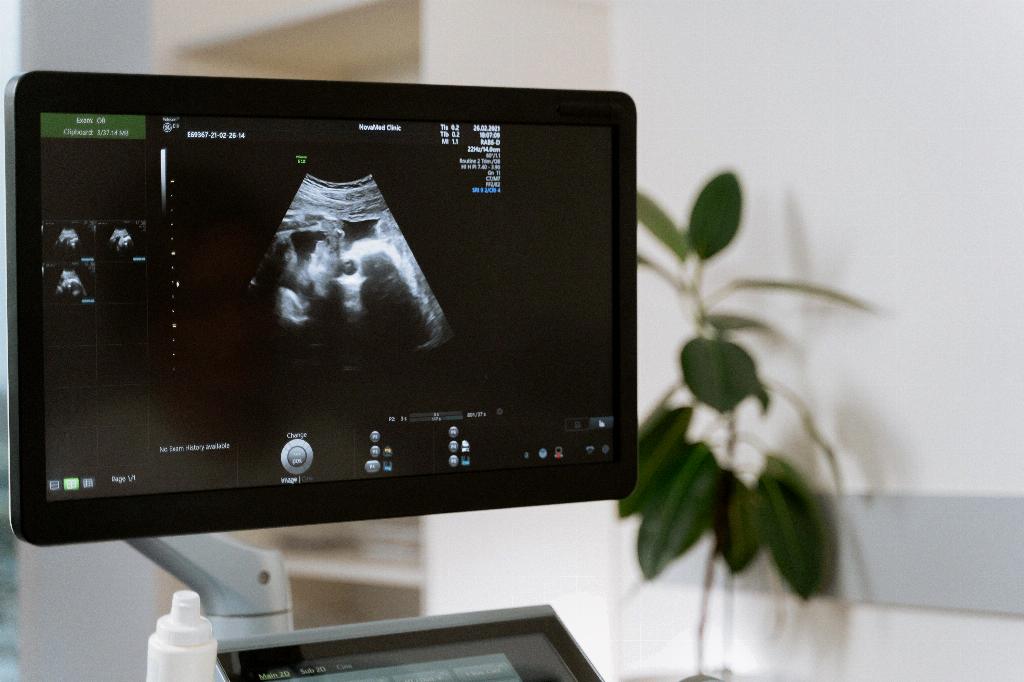When it comes to checking for pregnancy with irregular periods, the timing can be a bit more complex than with regular cycles. The menstrual cycle can vary in length due to various factors, making it challenging to pinpoint the ideal time to take a pregnancy test. However, there are still guidelines you can follow to ensure accurate results.
Importance of Tracking Ovulation
Since the timing of ovulation plays a crucial role in determining when to take a pregnancy test, tracking your ovulation can provide valuable insights. If your periods are irregular, identifying ovulation can help you estimate when your next period should arrive, making it easier to gauge the best time for testing.
Considering the Date of Conception
It’s essential to consider the potential date of conception when deciding when to check for pregnancy. If you have irregular periods, determining when you may have conceived can aid in narrowing down the testing window. Pregnancy tests are most accurate when taken a few weeks after conception.
Monitoring Early Pregnancy Symptoms
Being attuned to early pregnancy symptoms can also guide you in determining the right time to take a test. If you experience symptoms like fatigue, nausea, breast tenderness, or frequent urination, it might be a sign that it’s time to consider checking for pregnancy, even with irregular periods.
Utilizing Pregnancy Test Kits
When dealing with irregular periods, using at-home pregnancy test kits can be a convenient way to monitor your pregnancy status. These kits are designed to detect the presence of the pregnancy hormone hCG in your urine, providing quick and reliable results that can help you make informed decisions.
Consulting Healthcare Professionals
If you’re unsure about when to check for pregnancy due to irregular periods, consulting healthcare professionals can offer personalized guidance. Obstetricians and gynecologists can provide tailored advice based on your individual menstrual patterns and help you determine the most appropriate time for testing.
Considering Various Factors
When deciding when to check for pregnancy with irregular periods, it’s important to take into account various factors that can influence the accuracy of the test results. Factors such as stress, illness, medication, and hormonal imbalances can all impact the timing of ovulation and menstruation.
Being Patient and Observant
Patience and attentiveness are key when navigating pregnancy testing with irregular periods. It’s essential to wait for a sufficient amount of time after a missed period to allow the pregnancy hormone levels to rise to a detectable level. Being observant of your body’s signals can help you determine when the time is right for testing.
Seeking Emotional Support
The emotional aspect of waiting to check for pregnancy with irregular periods can be challenging. Seeking emotional support from loved ones or support groups can provide comfort during this period of uncertainty. Sharing your feelings and concerns can help alleviate stress and anxiety.
Exploring Alternative Testing Methods
If traditional urine-based pregnancy tests yield inconclusive results due to irregular periods, exploring alternative testing methods such as blood tests can offer more accurate insights. Blood tests can detect pregnancy at an earlier stage and provide a clearer picture of your pregnancy status.
Remaining Mindful of Timing
When contemplating when to check for pregnancy with irregular periods, remaining mindful of the timing and being proactive in monitoring changes in your menstrual cycle is crucial. Keeping a journal of your cycle variations and symptoms can aid in determining the right time for testing.
Conclusion
In conclusion, checking for pregnancy with irregular periods requires careful consideration of ovulation timing, conception dates, early symptoms, test kits, professional advice, and personal factors. By staying informed, patient, and proactive, you can navigate the uncertainty of irregular cycles and make informed decisions regarding pregnancy testing.

